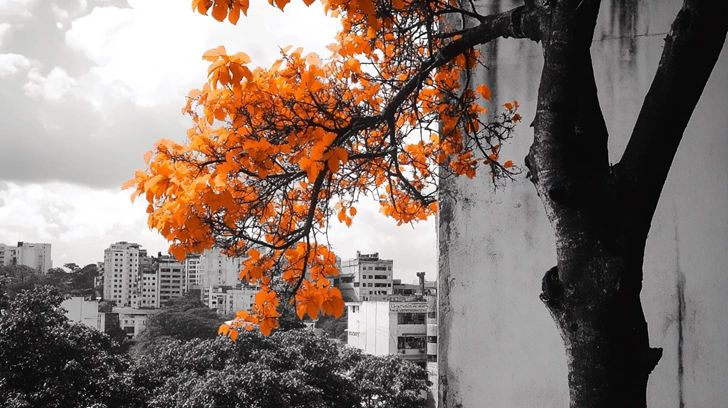El Salvador Ignores IMF, Continues Bitcoin Accumulation

Adds 7 BTC to National Reserves
This week, El Salvador continued its crypto investment policy by purchasing 7 more Bitcoin (BTC), bringing the country's total BTC holdings to 6,173 BTC – equivalent to more than $637 million at current prices. The purchase comes despite a $1.4 billion loan agreement signed with the IMF in December 2024, which includes a clause requiring El Salvador to stop using state funds to buy Bitcoin.
Under the direction of the National Bitcoin Office, El Salvador has continued to accumulate Bitcoin through direct purchases and mining, even after the country’s Congress officially revoked Bitcoin’s “fiat” status in January 2025.
Conflict with the IMF and the government’s response
The agreement between the IMF and El Salvador was clear: the country could not use public funds to continue buying Bitcoin, had to ensure that Bitcoin use was voluntary, and abolished the legal tender law for the digital asset. However, when the IMF reiterated these terms in March 2025, President Nayib Bukele was quick to protest on social media:
“No, it didn’t stop. If it didn’t stop when the world boycotted us, it certainly won’t stop now, and it won’t stop in the future.”
The resistance reflects the El Salvador government’s steadfast stance in defending its independent economic strategy based on digital assets.
“Technical compliance” or legal gimmick?
While El Salvador appears to be in violation of the IMF’s conditions, the organization has maintained that the country is still in compliance with its commitments. Rodrigo Valdes, director of the IMF’s Western Hemisphere department, said El Salvador is “still within the framework of the agreement.”
According to some experts, this could be the result of restructuring transactions under separate entities or classifying assets in a more flexible way. Government blockchain advisor Anndy Lian called it “a flexible legal interpretation to maintain technical compliance.”
Actual returns and long-term strategy
Since 2021, El Salvador has invested a total of about $270 million in Bitcoin. Thanks to the market recovery, the value of the country’s BTC portfolio has doubled. In addition, mining Bitcoin using geothermal energy from the Tecapa volcano has yielded nearly 474 BTC – a significant contribution to the national strategic reserve.
This strategy is not only profitable, but also makes El Salvador the first country in the world to use Bitcoin as part of its national financial reserves – something that many other countries are now starting to consider.
Global Impact and Geopolitical Turnaround
With El Salvador firmly pursuing its Bitcoin strategy, the concept of a “Strategic Bitcoin Reserve” is becoming more popular globally. In March 2025, even the United States officially recognized Bitcoin holdings through confiscation, making BTC part of its national financial reserves.
According to a survey by Security.org, 60% of Americans familiar with cryptocurrencies believe that the price of Bitcoin will increase during Donald Trump’s second term as president. Some experts predict that Bitcoin could reach $150,000 to $200,000 this year.
The Future of Bitcoin and the Global Financial System
Although the IMF and international financial institutions continue to warn that widespread adoption of cryptocurrencies could undermine monetary sovereignty, global trends are showing a clear shift.
A recent IMF paper warned that digital assets could “accelerate dollarization” and undermine the effectiveness of traditional monetary policy. However, countries like El Salvador see it as an opportunity to break the monopoly of major currencies and increase economic independence.
Recommended Resources
To better understand global trends related to Bitcoin adoption, readers can refer to the Global Bitcoin Policy Index (GBPI) - a tool to analyze cryptocurrency policies of individual countries. This is a useful resource for investors, governments, and researchers who want to better understand the legal and financial landscape of the global blockchain revolution.
